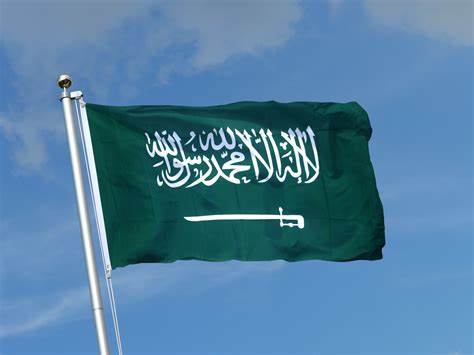The Karachi Chamber of Commerce and Industry (KCCI) has urged Saudi investors to partner with Pakistan in developing downstream industrial projects, including the establishment of a naphtha cracker facility, which the chamber termed transformational for the country’s manufacturing sector.
The appeal was made during a meeting between a KCCI delegation and a Saudi business delegation led by Prince Mansour bin Mohammed Al Saud, Chairman of the Saudi-Pakistan Joint Business Council, held in Karachi to discuss ways to strengthen bilateral trade and investment ties.
KCCI leaders underscored that Pakistan urgently needs strategic downstream petrochemical capacity to reduce its dependence on imported polymers and feedstock, create high-value employment, and support key local industries such as textiles, plastics, packaging, and chemicals.
They highlighted that a naphtha cracker project, which would require billions of dollars in investment, could reshape Pakistan’s industrial base and called on the Saudi-Pakistan Joint Business Council to evaluate partnership models and financing structures for the project.
The Saudi delegation, headed by Prince Mansour, expressed keen interest in exploring a broad pipeline of opportunities spanning energy, industrialisation, agriculture, textiles, information technology, and academia-industry collaboration, reaffirming Saudi Arabia’s commitment to deepen its economic engagement with Pakistan.
The KCCI delegation, led by Chairman Businessmen Group Zubair Motiwala and Vice Chairmen Anjum Nisar, Jawed Bilwani, and Mian Abrar Ahmed, stressed the need for firm feasibility studies, feedstock security, port and logistics planning, and clear regulatory and fiscal incentives to attract anchor investors and project financing.
Beyond petrochemicals, the chamber also presented investment opportunities in value-added textiles, including backward and forward linkages, as well as agribusiness, food processing, and information technology, which they said could raise farmer incomes, boost exports, and strengthen human capital for industrial expansion.
Both sides also discussed potential joint ventures, technology transfer, and university-industry partnerships to promote applied research and develop a skilled workforce capable of driving the next phase of industrial growth in Pakistan.




